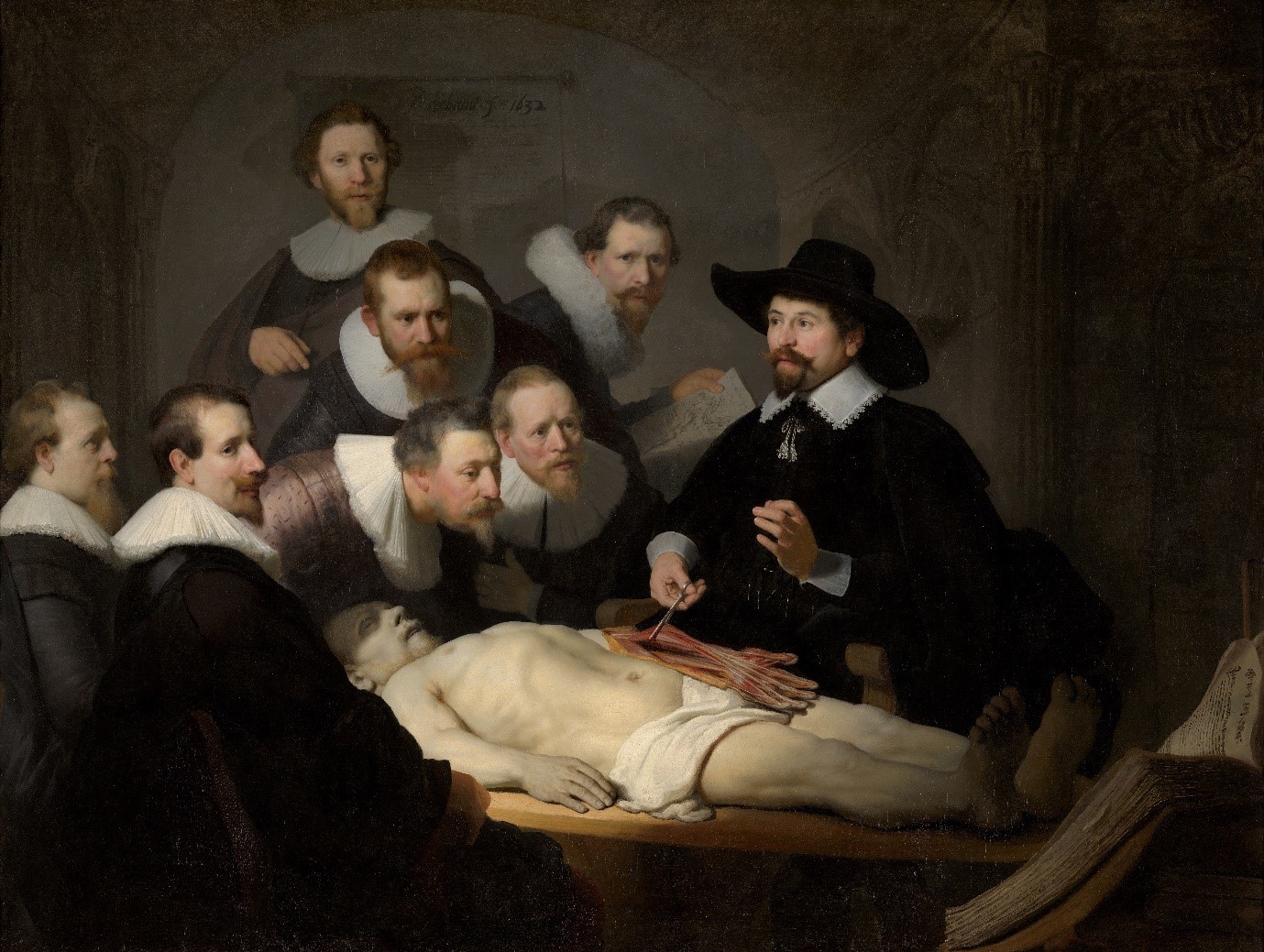- If someone – Ben, say – was suddenly evaporated and replaced with an indistinguishable replica, did Ben die? What about if Ben was aware of his death?
- If Ben was gradually transformed by genetic and behavioural modifications into someone else – James, say – and the transformation happened so slowly that at no point did Ben feel a sense that he was losing himself, did Ben die?
- If scientists slowed down Ben’s death to the point where his biological systems took many eras to stop, so gradually that at no point did anybody around Ben nor even Ben himself notice a moment of death, did Ben die?
Thank you for this fascinating set of thought experiments.
Here’s a suggestion: if someone dies at a certain time, then they do not exist at that time. If this is true, it would explain a number of our intuitions about the dead. First, we tend to think that the dead cannot be harmed or benefitted. Of course, some things exist and also cannot be harmed or benefitted (e.g. a rock); but none of those things are persons. If a person cannot be harmed or benefitted, a good explanation of this is that they do not actually exist. Second, there is a genuine puzzle about our obligations to the dead. Although we seem to recognize such obligations – the obligation to someone to abide by their dying wishes, for example – when we reflect upon them, we can easily come to think there is something illusory about them. Again, this is best explained by the proposition that dead persons do not exist. Finally, consider the suggestion that dead persons exist. If true, this would mean that somewhere billions of people exist, including the 300,000-year-old individuals whose mortal remains are the oldest known remnants of modern humans. Yet, though all of these people exist, they are somehow inaccessible to us. This seems absurd.
If the dead do not exist, then two of your thought experiments can be understood as probing the existence conditions of persons. For example, the thought experiment involving the sudden evaporation of Ben and his replacement by an indistinguishable replica is really about whether Ben continues to exist if replaced by an indistinguishable replica. If he does, then he does not die. The same applies to the thought experiment involving the gradual transformation of Ben into James. If Ben continues to exist when he “becomes” James, then Ben does not die. There are a number of rival theories of personal identity, and I don’t have space to consider them here. My own intuition is that the indistinguishable replica of Ben is not Ben; Ben no longer exists. It does not follow from my opening suggestion that Ben is dead, but I suspect this is the case. However, Ben continues to exist after transformation into James so long as there are sufficient psychological connections between them in different slices of time during this transformation.
Your third thought experiment raises a host of interesting questions, including important questions about identity and the nature of death: What is the relationship between a person and her organism? Should we distinguish between personal death and organismal death? What is the relationship between the two? Here are a few thoughts. First, cases of brain death seem to suggest that a person can cease to exist before her organism does. Certain thought experiments involving the uploading of consciousness to a computer network suggest that organismal death does not entail personal death, although it is typically the case that when an organism dies, the person associated with that organism also dies. So, the question of whether Ben, a person, dies, is quite distinct from the question whether and when Ben’s organism dies. So it simply cannot be determined from the information provided in your question when or even whether Ben dies. In addition, death in its biological sense might not be a precise-enough concept to pick out the precise point at which an organism dies. This is similar to the way in which the concept heap does not pick out a precise number or configuration of things. The gradual cessation of biological processes results in the death of Ben’s organism at some point, but precisely when is simply not determinate.
What do you think? When exactly does someone die? Let us know in the comments.
And, as always, if you have a question for the Armchair Philosophers, don’t hesitate to get in touch. You could send us a message or fill in this form.
Be sure to check out our podcast!
If you like what we do, you can support us by buying us a coffee!
Image: The Anatomy Lesson of Dr. Nicolaes Tulp, by Rembrandt (1632)
I received my BA in philosophy from the University of Chicago and my PhD from the University of Notre Dame. I specialize in ethics, with a particular focus on the nature of normative reasons and the ethics of hypocrisy in its myriad forms. My favorite philosopher is Henry Sidgwick, since I believe—to borrow a line from Alfred North Whitehead, speaking about Plato—that much of analytic ethics in the 20th century is a series of footnotes to Sidgwick.

